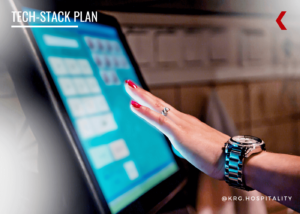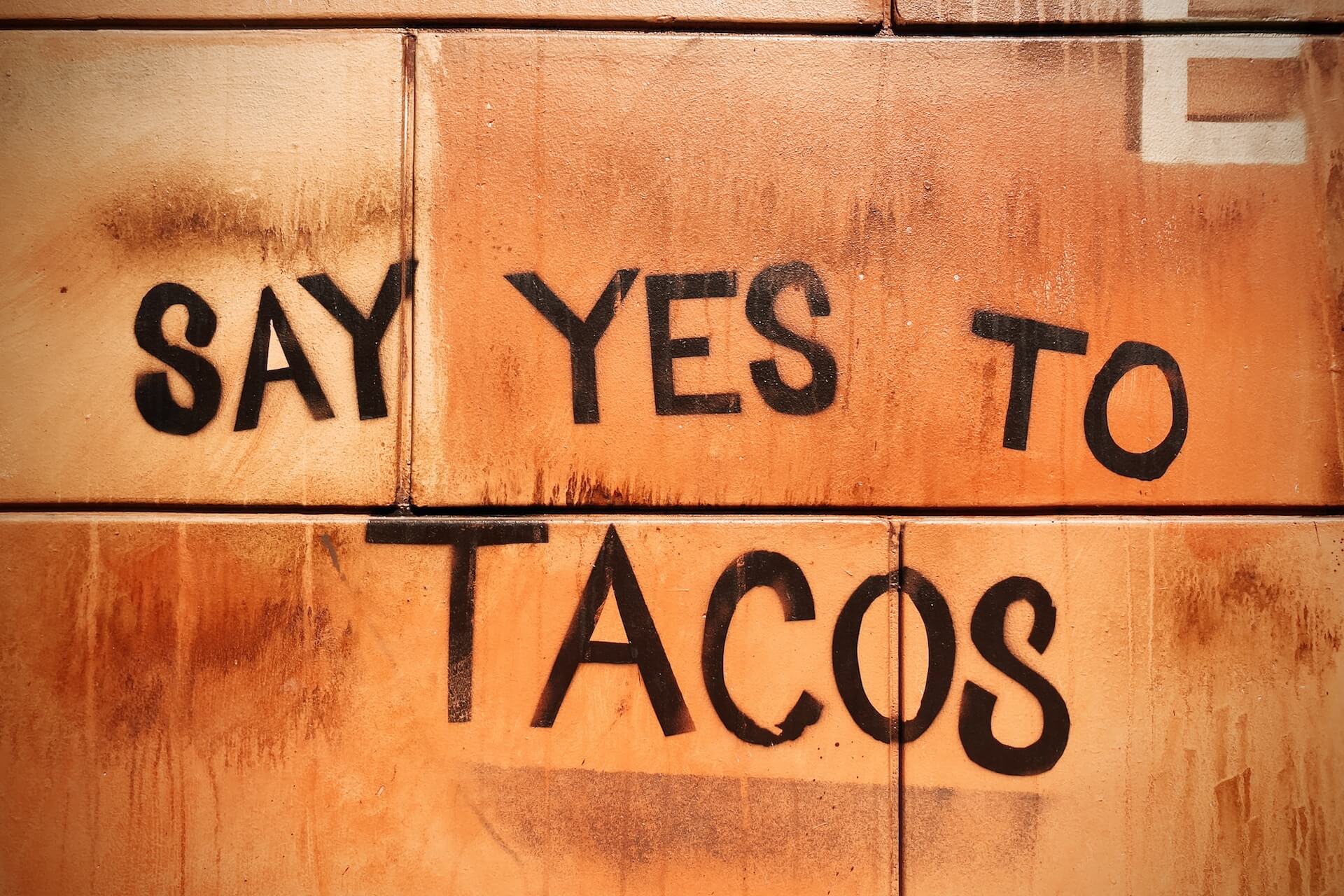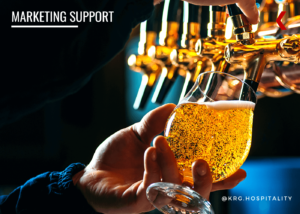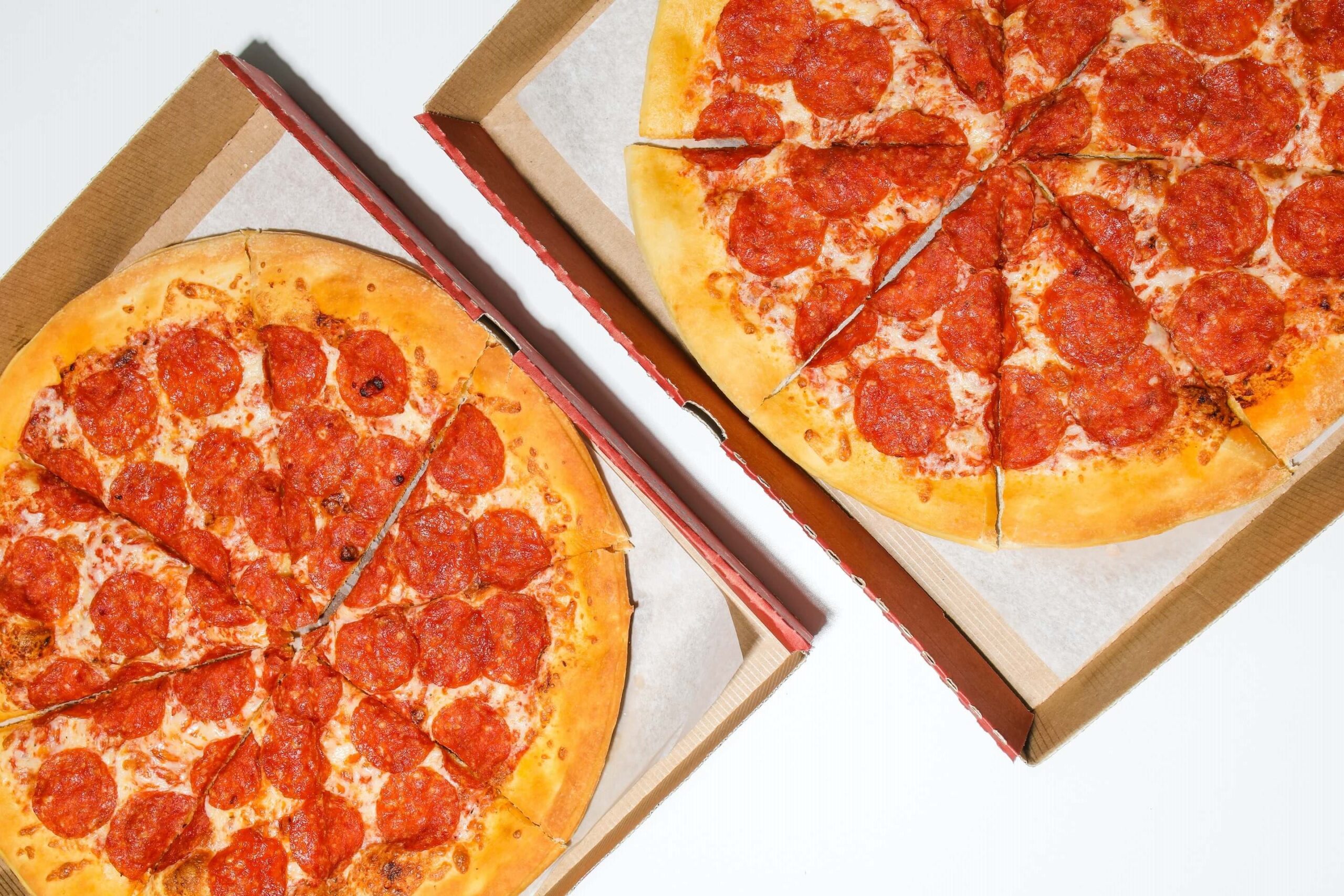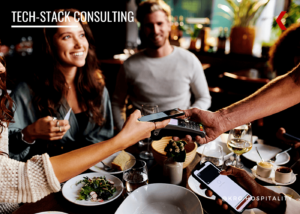Restaurant Rewards Making Headlines
by David Klemt
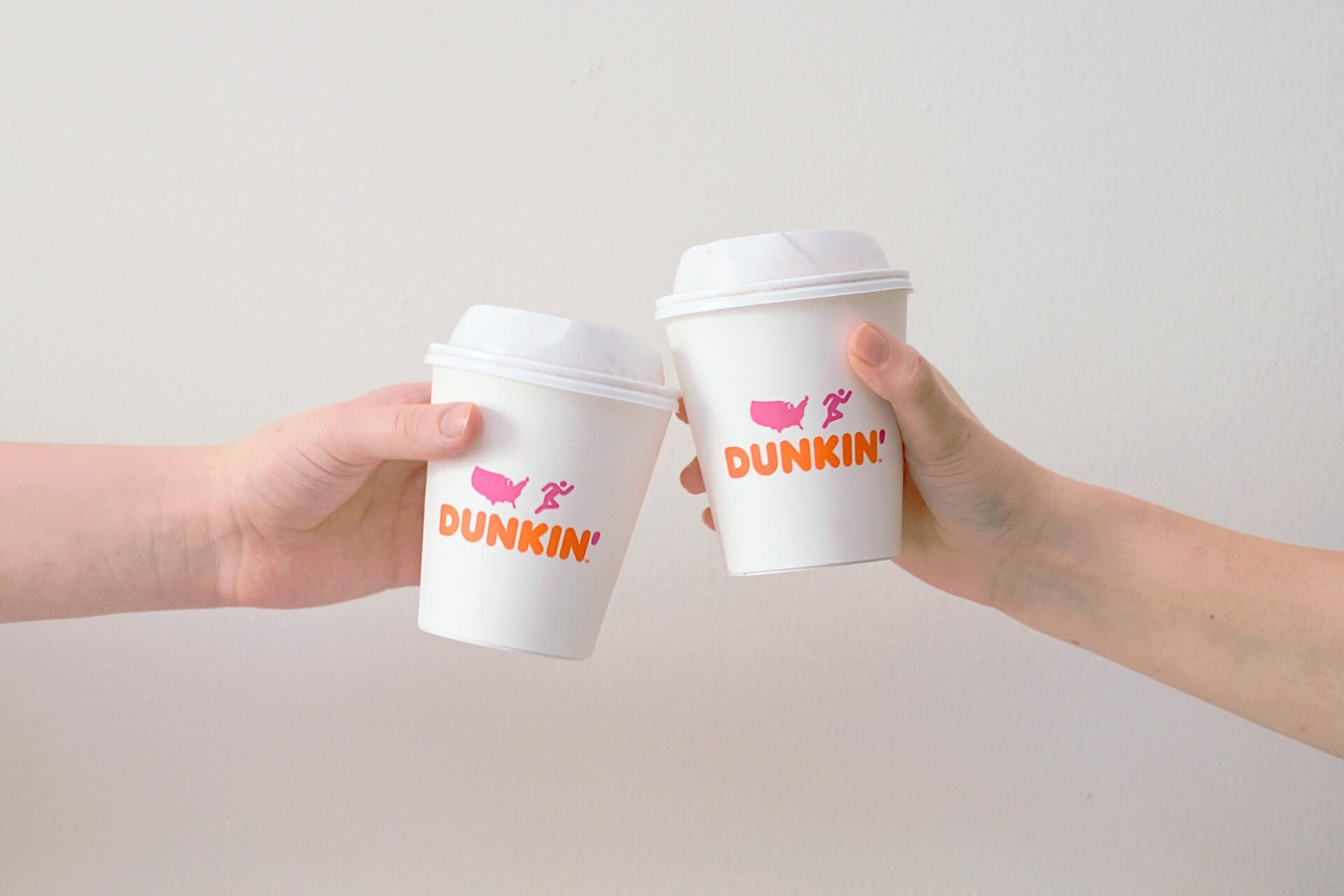
Loyalty programs are making waves and grabbing headlines but not all of the news is good, according to consumers.
Dunkin’, Chipotle, Taco Bell, and Starbucks are among the restaurants whose programs are receiving attention.
Now, there are still those who cling to the idea that all publicity is good. Personally, I’ve found that idiom to be outdated. In fact, I’ve believed that phrase to be false for several years.
Instead, when it comes to publicity, I find this quote from Warren Buffet to be far more accurate: “It takes 20 years to build a reputation and five minutes to ruin it.”
It’s important for operators—for all entrepreneurs, really—to protect their brand’s reputation. At the end of the day, long-term success depends on the reputation one builds. And make no mistake, that reputation is made—or broken—every day, with every interaction.
So, what does all of that have to do with loyalty or rewards programs? It’s simple—such programs aren’t just about revenue. A loyalty program, when executed well, is a branding tool that boosts engagement, recognition, and perception.
When a loyalty or rewards program is executed poorly it doesn’t just mean low membership numbers. A brand’s reputation can take a severe hit if loyal consumers cry foul.
Let’s take a look at some brands that have made headlines the past couple of weeks.
Taco Bell
This rewards program, the Taco Lover’s Pass, is a bit of an anomaly in the loyalty space.
It was first launched in Arizona in September 2021. Depending on the location, the pass cost either $5 or $10. In exchange, people could get a free taco a day for 30 consecutive days, and they could choose from seven tacos.
Back in January of this year, Taco Bell brought back the Taco Lover’s Pass. This time, the program was available throughout the US, and it cost $10. Again, those who snagged a pass through the chain’s app could get a free taco each day for 30 consecutive days.
And just two weeks ago, Taco Bell made the Taco Lover’s Pass available again. This time, people had one day to download the app (if they didn’t have it already) and grab the pass.
Time will tell if Taco Bell will eventually make this wildly popular program permanent. For now, this occasional reward program seems to be serving the chain just fine, and their loyal guests don’t seem to be angry that the Taco Lover’s Pass, thus far, appears fleetingly.
Starbucks
Another interesting approach to loyalty sees Starbucks partnering with Delta Airlines.
As of yesterday, members of Starbucks Rewards and Delta SkyMiles can link the programs together. Members of the former can receive double stars on days on which they’re flying Delta (at participating locations). For the latter, members will earn one mile for every dollar they spend at Starbucks.
Essentially, linking the two accounts ensures that members earn points across both programs for a single purchase. Not a bad move—it should be an effective way to boost loyalty for both companies.
Chipotle
Ah, Chipotle. It’s safe to say this brand has experienced plenty of ups and downs over the past several years.
But credit where credit is due: It seems that the chain manages to come back from each scandal or mistake. And that’s what’s so frustrating—they wouldn’t have to correct missteps if they took care to avoid making them in the first place.
So, why are people upset with Chipotle now? The backlash concerns the restaurant chain’s Chipotle Rewards program.
When someone signs up the program, they can redeem a nice perk immediately: free chips and guacamole. On their birthday, they have access to another perk. In general, the biggest benefit is earning up to 10 points for every dollar spent at Chipotle.
The points a member earns are redeemable in multiple ways: free menu items, a charitable donation, or merchandise. Seems very straightforward, right?
Well, Chipotle updated their rewards program, and it’s not an upgrade. In response to inflation, Chipotle has increased prices, just as innumerable restaurants have also done.
However, the chain updated Chipotle Rewards so that members must spend more to get their free entree reward. Members must now spend an additional $20-plus to get their reward, and they’re understandably unhappy.
It should go without saying but a rewards program is for increasing visits or orders per member. With people declaring they’re “done” with Chipotle, the brand’s update is driving down visits and potentially harming their reputation.
Dunkin’
Things in the reward and reputation space may be worse for Dunkin’ than any other restaurant brand at the moment.
The chain first launched its DD Perks loyalty program eight years ago. Last week, Dunkin’ “reworked” loyalty, launching Dunkin’ Rewards.
Unfortunately, according to several reports, social media, and Reddit, the new program deflated the value of members’ points. From what I’ve seen members must now earn more than double the points they needed to prior to the Dunkin’ Rewards rollout for a gratis beverage.
Oh, and free drinks on a member’s birthday? The new program eliminates that perk. As is often the case on social media, some people are seething.
However, a statement from Scott Murphy, the president of Dunkin’, suggests that people are perhaps misunderstanding or misrepresenting the new program.
“Dunkin’ loyalists told us they wanted the ability to redeem for more than just beverages and we listened,” Murphy said to The Washington Post. “They also wanted to bundle points for larger orders, which we accomplished. And they told us they wanted to be recognized for their loyalty, which they can now achieve through Boosted Status and earn points even faster when they come to Dunkin’ more often.”
In short, Dunkin’ Rewards is built to allow members to redeem points for a wider array of menu items, including meals. For now, however, it seems the knee-jerk reaction is that many members feel the points they earned prior to the new program’s launch are devalued. And they’re furious, with some calling for a boycott.
Obviously, a boycott is the opposite effect one wants from their loyalty program.
Loyalty is a Tightrope Act
If there’s one takeaway here, it’s that rewarding guests for their loyalty isn’t as simple as offering points for dollars.
Perhaps it should be simple, and maybe it was was that simple a while back. But now, operators must be far more cautious when designing a loyalty program.
I’ll continue to dislike offering discounts for most brands. In my opinion, once a guest becomes accustomed to receiving a discount regularly, that discount becomes the standard price. That’s not good for most operators.
It may seem counterintuitive, but I’d rather see loyalty program members receive a free item than discounts. At least they’ve paid full price to earn that perk.
Another issue, however, is making changes to loyalty programs. Operators are facing incredible strain when it comes to costs, and this industry’s margins are already razor thin. It appears that some brands aren’t just increasing costs, they’re also increasing the points it takes to earn loyalty perks.
That may make sense on paper but program members are showing that they don’t take kindly to this type of change.
Slow Down
Look at loyalty programs through the eyes of consumers, not just the eyes of an accountant.
When the costs of living rise and a person’s dollars don’t go as far as they did before, they tend to cut back or eliminate expenditures. Commonly, restaurant visits are among the first things suffer. Loyalty programs can offer guests a way to stretch their dollars—there’s an attractive perk around the bend that allows them to justify continual visits.
If a brand devalues a loyalty program member’s points or requires them to spend more to earn the same benefits, why would they be happy? Why would they remain loyalty? As far as they’re concerned, their incentive to do so no longer exists. The perceived value is no longer there.
Before an operator launches or “revisits” a loyalty program, they need to slow down and analyze it from every angle. These programs are a delicate balancing act, demanding they make sense for both the bottom line and the guests.
If an operator hasn’t yet implemented a loyalty program, perhaps they should hold off until costs become more reasonable. With inflation affecting costs and therefore prices, the wisest move may be to take the time to really dial in the program, prepare the necessary assets, and implement when it won’t impact revenue negatively.
On the flip side, operators considering making significant changes to their loyalty programs need to take the time to strategize before implementation. A misstep, even if it’s a misunderstanding from the member side, can do irreparable harm.
Image: Isabella and Zsa Fischer on Unsplash


